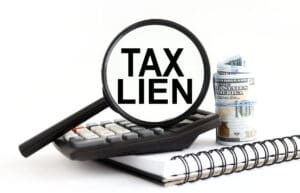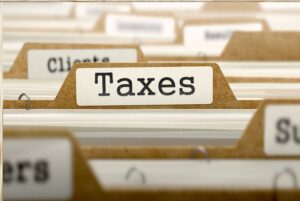
How Does a Tax Lien Work?
A federal lien gives the government the right to claim the personal assets and finances of tax defaulters. The lien safeguards the interest of the government in all the taxpayer’s property, such as real estate, financial assets, and personal property.

The IRS combs through its database to unearth the taxpayer’s liabilities. If the taxpayer has outstanding tax obligations, the IRS sends him or her a tax invoice that outlines how much the taxpayer owes. If the taxpayer ignores or fails to satisfy the tax obligations, the IRS issues a lien against that taxpayer’s property.
What happens to tax defaulters?
Neglecting or failing to pay tax debts on time is a federal crime. The IRS files a Notice of Federal Tax Lien (NFTL). This notice informs the creditors that the government has a legal claim against the taxpayer’s property.
Removing a Lien
Paying off any outstanding tax obligations is the surest way to remove the federal tax lien. It takes 30 days for the IRS to expunge defaulters from the federal lien roaster. Taxpayers can also negotiate with the IRS for other options of minimizing the effect of the lien. These options include:
Property Discharge
This clause lifts the lien from specific properties. A taxpayer must, however, meet Internal Revenue Code (IRC) provisions to qualify for this discharge clause.
Subordination
This lien exclusion option gives creditors a chance to move in and recover their dues before the IRS. This reprieve allows tax defaulters to take out mortgages or loans.
Withdrawal
A withdrawal lifts the NFTL and guarantees other creditors that the IRS has no vested interest in seizing the taxpayer’s properties. The taxpayers still need to clear their outstanding tax bills.
Taxpayers who have fulfilled their tax liabilities and secured lien release may qualify for withdrawal if they have consistently filed tax returns for the past three years. They may also qualify if they are meeting their estimated tax payment obligations and making federal tax deposits on time.
Effects of the Lien
A lien attaches to all the taxpayer’s property, including securities, future interests, contingent interests, executory contracts, and vehicles. The issuance of the NFTL limits the taxpayer’s credit options. The lien assumes control of all the delinquent taxpayer’s business property. It also attaches to all rights to business property. Filing bankruptcy cannot discharge a federal lien. The lien will remain in effect after the bankruptcy.




